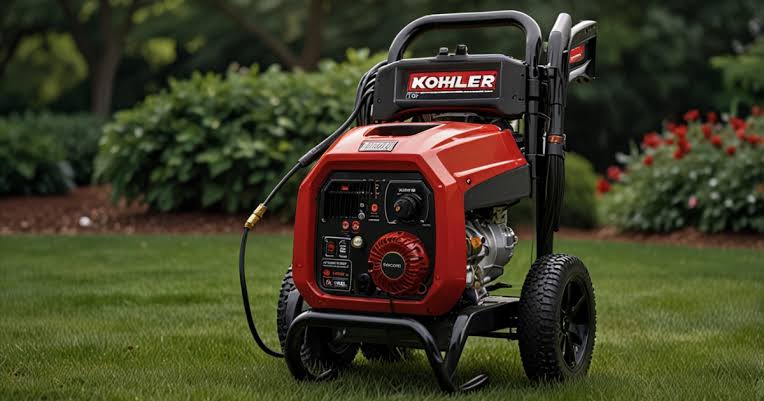Comprehensive Inspection Guide for the Lakeshore Industrial M46
Conducting regular and thorough inspections of industrial equipment, such as the Lakeshore Industrial M46, is crucial for operational efficiency, safety, and compliance. The M46 inspection process covers several key areas:
1. Electrical System Inspection
- Wiring & Cabling: Check for wear, overheating, or corrosion.
- Circuit Breakers: Ensure proper functionality to prevent overloads.
- Insulation: Look for leaks or potential short circuits.
- Control Systems: Verify responsiveness and safe operation.
2. Mechanical System Inspection
- Motors & Drives: Listen for abnormal sounds or vibrations.
- Bearings & Seals: Inspect for wear, leakage, or misalignment.
- Gears & Belts: Ensure proper tension and alignment.
- Lubrication Systems: Confirm adequate lubrication for moving parts.
3. Structural Integrity Check
- Frame & Housing: Inspect for cracks, rust, or deformation.
- Mountings & Supports: Ensure secure fastening and stability.
- Corrosion & Fatigue: Identify signs of metal fatigue or rusting.
4. Safety System Checks
- Emergency Stop Mechanisms: Test for proper operation.
- Protective Shields & Barriers: Verify all safety measures are in place.
- Fire Suppression Systems: Ensure compliance with safety regulations.
5. Environmental Impact Assessment
- Emissions Testing: Confirm regulatory compliance.
- Waste Management: Evaluate disposal procedures and environmental impact.
- Energy Efficiency: Assess power consumption and identify potential savings.
Best Practices for M46 Inspections
- Use a Standardized Checklist to ensure all components are covered.
- Schedule Regular Inspections based on usage and manufacturer guidelines.
- Train Inspection Personnel to improve accuracy and effectiveness.
- Utilize Advanced Technology like infrared thermography and ultrasonic testing.
- Follow Up on Findings by addressing issues promptly to prevent failures.
Common Inspection Challenges & Solutions
| Challenge | Solution |
|---|---|
| Inadequate Training | Implement specialized training programs. |
| Time Constraints | Use predictive maintenance tools to optimize scheduling. |
| Lack of Standardization | Establish clear inspection protocols. |
| Insufficient Documentation | Implement digital logs and automated tracking. |
| Limited Access to Tools | Invest in modern diagnostic equipment. |
| Resistance to Change | Foster a culture of safety and continuous improvement. |
By adhering to structured inspection processes and proactively addressing challenges, organizations can enhance the reliability, safety, and longevity of their Lakeshore Industrial M46 equipment.







2 Comments